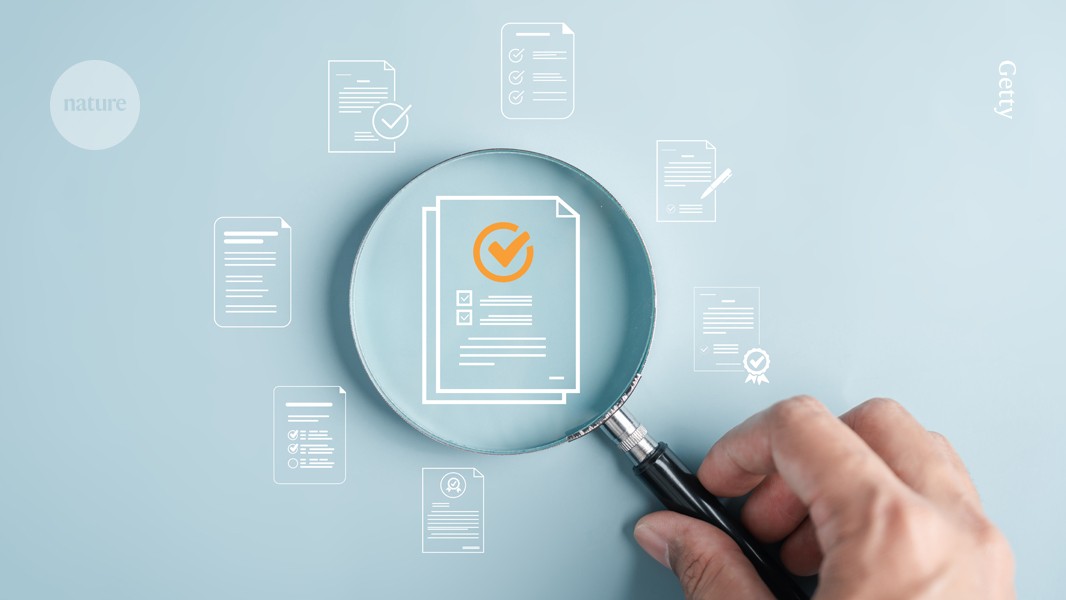fromNature
1 week agoHow AI slop is causing a crisis in computer science
Fifty-four seconds. That's how long it took Raphael Wimmer to write up an experiment that he did not actually perform, using a new artificial-intelligence tool called Prism, released by OpenAI last month. "Writing a paper has never been easier. Clogging the scientific publishing pipeline has never been easier," wrote Wimmer, a researcher in human-computer action at the University of Regensburg in Germany, on Bluesky. Large language models (LLMs) can suggest hypotheses, write code and draft papers, and AI agents are automating parts of the research process.
Artificial intelligence





